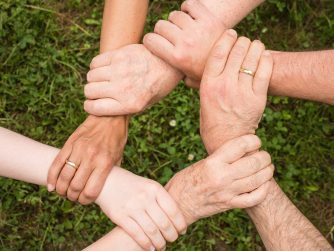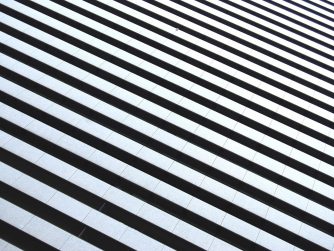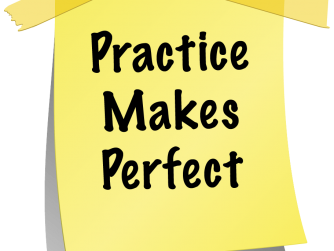 They tell us that unemployment at nine or ten percent is going to be the new norm for a while. High deficits, inflation, a declining dollar, higher gas prices. All of these economic realities may become the new normal.
They tell us that unemployment at nine or ten percent is going to be the new norm for a while. High deficits, inflation, a declining dollar, higher gas prices. All of these economic realities may become the new normal.
I hurt my back this summer and have herniated disc, I am discovering that pain in my back and legs may be a new normal for me.
In 2004, I moved out of the South where I had spent all my life to Delaware to pastor a church. I learned a new normal.
For most of my adult life, transition and change was a dominant characteristic. It was normal. Until 2004, I had never lived in one place for more than three years after graduating high school. I have now been in Delaware for over six years. I am wondering if this is the new normal.
Few of us like change. Adapting to a new normal is not something that we dream about. We have emotional investments in where we are currently and releasing those emotional attachments can be a difficult process. For some, it never happens. So we long for the good old days. We find it hard to accept the new normal.
One of the lectionary texts for this week, Jeremiah 29:1-7, makes it clear that the exiled Israelites need to wake up to the idea of a new normal. They will not be coming back quickly from Babylon. It will not be the two years that another prophet has been declaring. They are going to be there for a long time.
They have lost access to the institutions of their heritage. The Temple has been leveled. The city of God, Jerusalem, has been overtaken. Families have been broken apart. The familiar is now dissolved. The exiles are depressed and distraught. Life as they knew it is over. A new normal is upon them.
Like all of us, they longed for the good old days and listened for those who would tickle their ears with a pathway to their previous way of living. Isn’t it true that in the midst of change, the comfortable is preferred?
The prophet told them to begin to appreciate the new normal. How would that happen? Build houses. Marry. Have children. Plant gardens. All the things that the exiles would be doing were they in Israel they were to do in Babylon. A seminary professor gave good advice when he told our class, “Bloom where you are planted!” But what if you do not like where you are planted? Jeremiah would tell us to trust God.
Often, we either long for the past or hope in the future. The hardest part of life is living today. We need to live in the present, not the past or the future. And we need to make it the best day. The past is the past; it cannot be relieved. The “old way” will never be the “old way” again because you have changed. Tomorrow is not guaranteed. And what we hope for tomorrow is not promised. We have to live in the present and in the moment, working where we are today and trusting God for the future.
We do that by working for the peace and welfare and blessings of those around us. Work for the peace and welfare and blessing of your enemies. Work for the peace and welfare and blessings of your neighbors. Work for the peace and blessing and welfare of your city, your company, even your own family.
There is a benefit to all this. In working for the peace and blessing and welfare of where you are, you create a peaceful, blessed place for yourself. Blessing others brings blessing to you. What you plant, you will reap. What you give you will get.
God has placed you where He wants you for today. Make it the best day. Should He decide to change that, rejoice in it. Learn to embrace the new normal all over again. Life is about the Spirit blowing and leading you where He desires. Embrace the journey, but bloom where you are planted.






